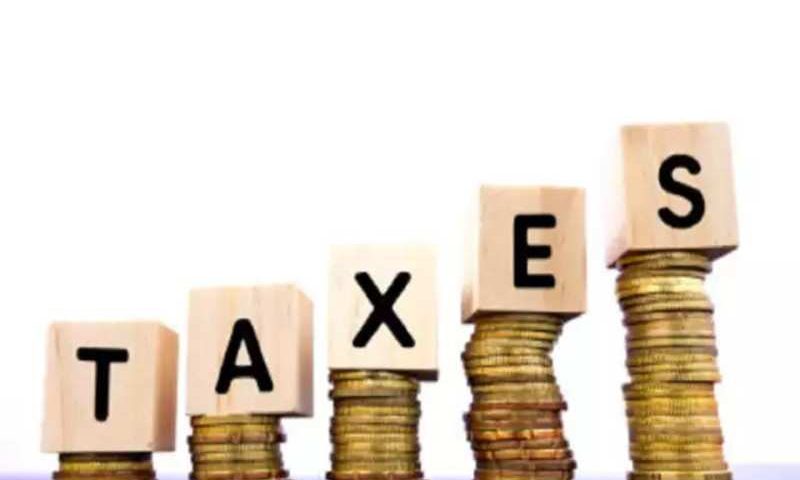Personal Services Income

Succession planning
July 9, 2016
Phone and Internet Tax Deductions
July 9, 2016It is common for professionals who offer services to trade under a different entity for the business, whether it’s a trust, partnership or an incorporated company.
The charm obviously being the lower income tax rate these entities offer, as opposed to the top marginal income tax rate of 47% that an individual would pay.
Operating a business through this type of structure also can result in a broader array of tax deductions being available. To prevent taxpayers avoiding their full share of income tax, the tax legislation, however, has some regulations in place. Contact our expert Cranbourne Tax Agents for more information.
The PSI Guidelines
The measure comes under the banner of “personal services income” (PSI), which describes PSI as payments for “a reward for a person’s individual efforts or skills”. This excludes the sales of merchandise, like a retail store or manufacturer, or using physical assets such as a truck or van to derive that income.
As PSI is revenue generated primarily from personal expertise or efforts, you can derive PSI in numerous sectors, trades or occupations. Typical cases include building & construction personnel (such as trades), financial professionals, IT professionals, engineers and medical professionals.
The PSI guidelines operate as an integrity measure in order to avoid people employing an entity to direct their earnings to a lower tax setting (for instance a company) and also to gain access to a greater suite of general tax deductions.
If a business structure is assessed to be contrived (an evaluation that is based on a number of checks), then the revenue your business generates is going to be treated as earned by you as a contractor individually, and subject to taxes at the individual rate instead of taxed to the entity.
The income tax issues that accompany PSI are sometimes misinterpreted and may lure the unwary in case the ATO’s auditors come knocking.
The ATO’s PSI Tool
To make issues simpler, and also to assist with your income tax planning for the year ahead, contact us on 1300 300 106 about accessing the ATO’s recently designed online “decision tool” to help you determine whether have earned PSI, and when the PSI principles will affect that income.
In order to answer the questions in the PSI determination tool you will need:
• specifics of contracts with the business’s clients in the financial year
• invoices for work done in the financial year
• details of payments to your staff or sub-contractors.
What this PSI tool provides
After answering a number of questions, the tool provides you with a report that provides you:
• advise on whether your revenue is PSI and if the PSI principles affect you
• a review of the answers you’ve supplied
• information about the implications on your tax obligation as per the result provided by the tool.
The ATO states that generally you’ll be able to rely on the results provided by the tool, however, based on your scenario; you can make application for a “personal services business (PSB) determination”.
You can print or save the report, for your tax records. Our skilled Tax Agents & Accountants in Cranbourne can help you examine the outcome to assist you strategise your income tax affairs.
For further information about BookSmart Accountants Cranbourne or tax agent services, please contact us on 1300 300 106 or via our contact page.





